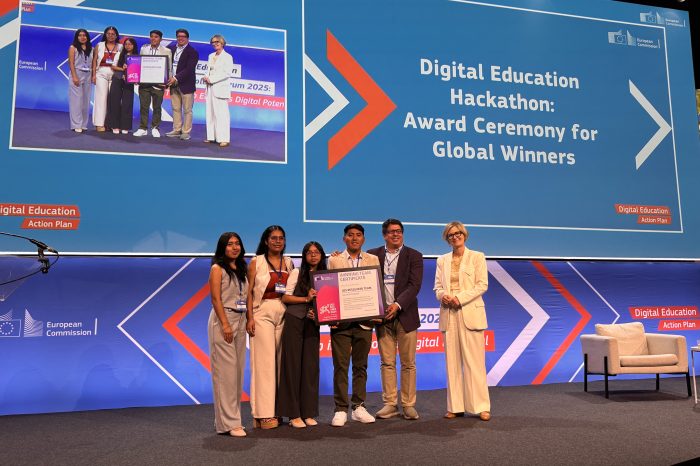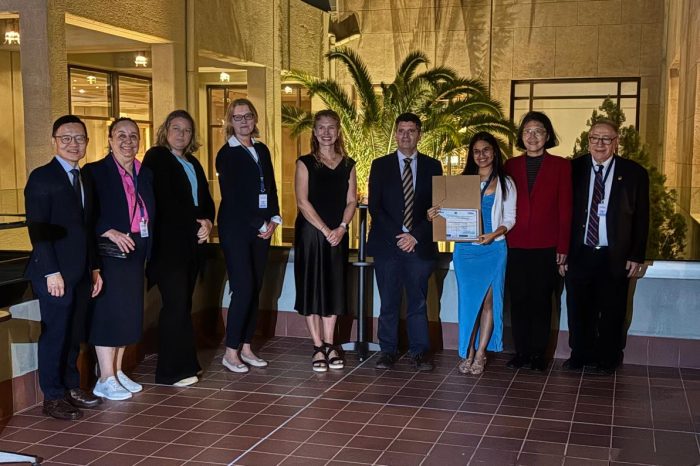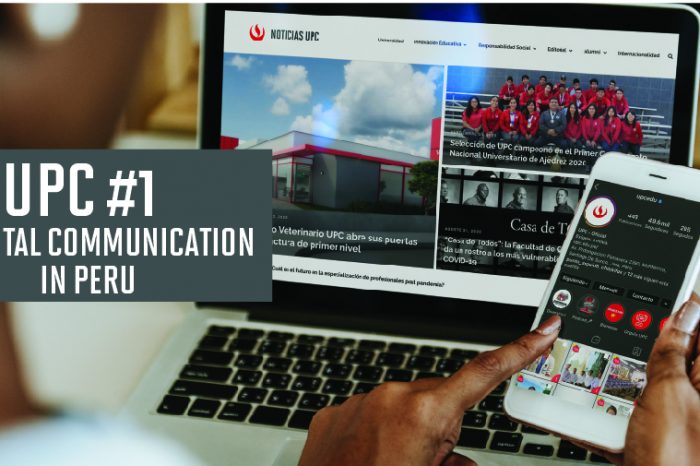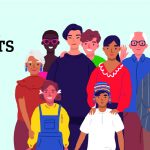Diversity for innovation: What is diversity?
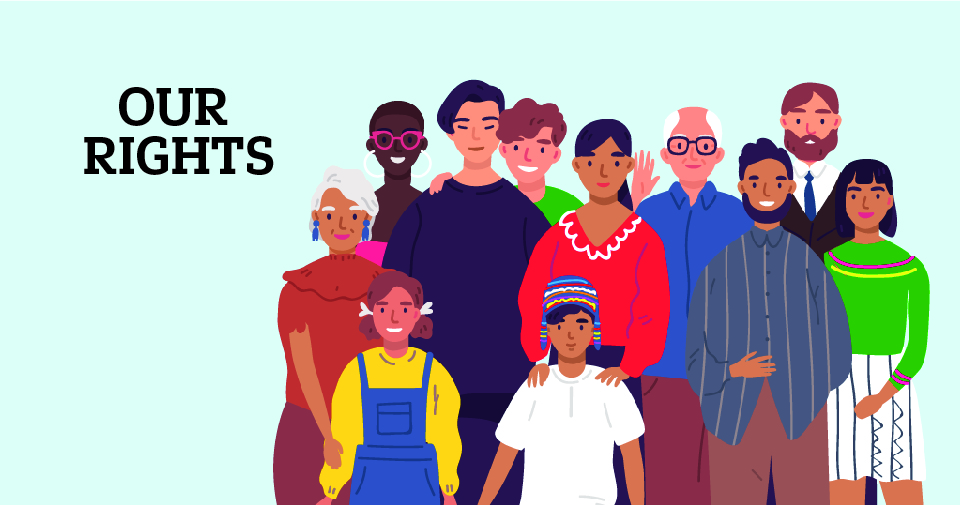
Diversity «implies recognizing others, their individuality, originality, and unrepeatability, and it takes place within a context of acceptance of what is personal, the present, the differences, and what is closest. Diversity is inherent to education and all people are different; it is not correct to classify them or establish a hierarchy based on these differences. Diversity is a reality that is absolutely natural, legitimate, and common,» said Mónica Rodríguez, associate professor of the Department of Evolutionary Psychology and Communication at Universidad de Vigo, in Spain.
Every individual is unique and unrepeatable; we are heterogeneous. Diversity is expressed in the differences among human beings, and must be valued as a part of personal identity. This diversity is the main component of the richness of human nature. We approach our environment through our diversity, which defines the development of our personality.
We belong to different social groups and, although there are multiple elements that differentiate us, there are also particularities that bind us together. Diversity enables fuller human development and allows us to be sensitive to other people’s experiences. For this reason, we must be accepted as diverse and valued beings in order to develop our self-esteem, from childhood and throughout all our life stages.
Diversity in Education
Diversity is essential in the education of children, adolescents and adults because it promotes equality, equity, and tolerance, as well as the rejection of discrimination. It makes integration and cooperation possible, which allows us to understand that each person adds value to the educational and social development processes.
Educating in diversity means celebrating it, promoting equal opportunities for all and respect for people regardless of their race , sex, nationality, ethnicity, culture, language, migratory status, economic position, sexual orientation, religion, gender, or other factors. Incorporating diversity into education allows new generations to internalize its importance and richness. Furthermore, it establishes the commitment toward a fairer society that will offer a better quality of life to all individuals with no distinctions. It also brings up for discussion the need to implement public measures and policies towards a country that can guarantee human rights and access to basic services for all.
Beyond education, the promotion of diversity must also be reflected in all the other areas of society, including workplaces, recreational spaces, public and private institutions, etc. Dialog on diversity is enriching and allows us to identify ourselves as human beings. Additionally, it promotes a society based on a peace and acceptance culture, as well as the right of all to be unique and unrepeatable.
At UPC
At Universidad Peruana de Ciencias Aplicadas (UPC), we promote coexistence in diversity and respect for human rights. We acknowledge that the richness of a university is based on valuing the identity of the students, the faculty, and administrative staff who are part of it. This is why we are strongly committed to creating an environment free of discrimination that promotes tolerance, respect, and justice in our university community. If you witness or consider that you have been a victim of discrimination, you may report it to your Campus Academic Director. We firmly believe that full freedom, supported by rights and duties, is an essential requirement for the authentic exercise of diversity.
